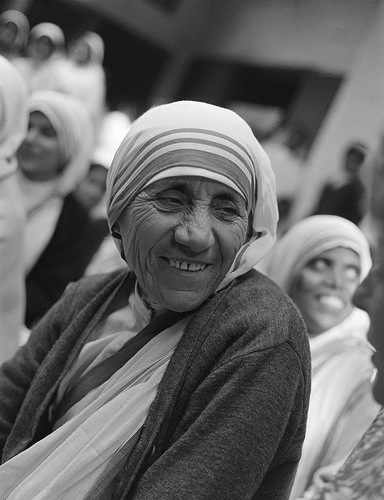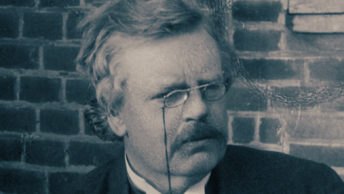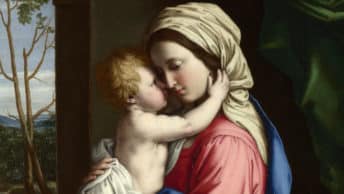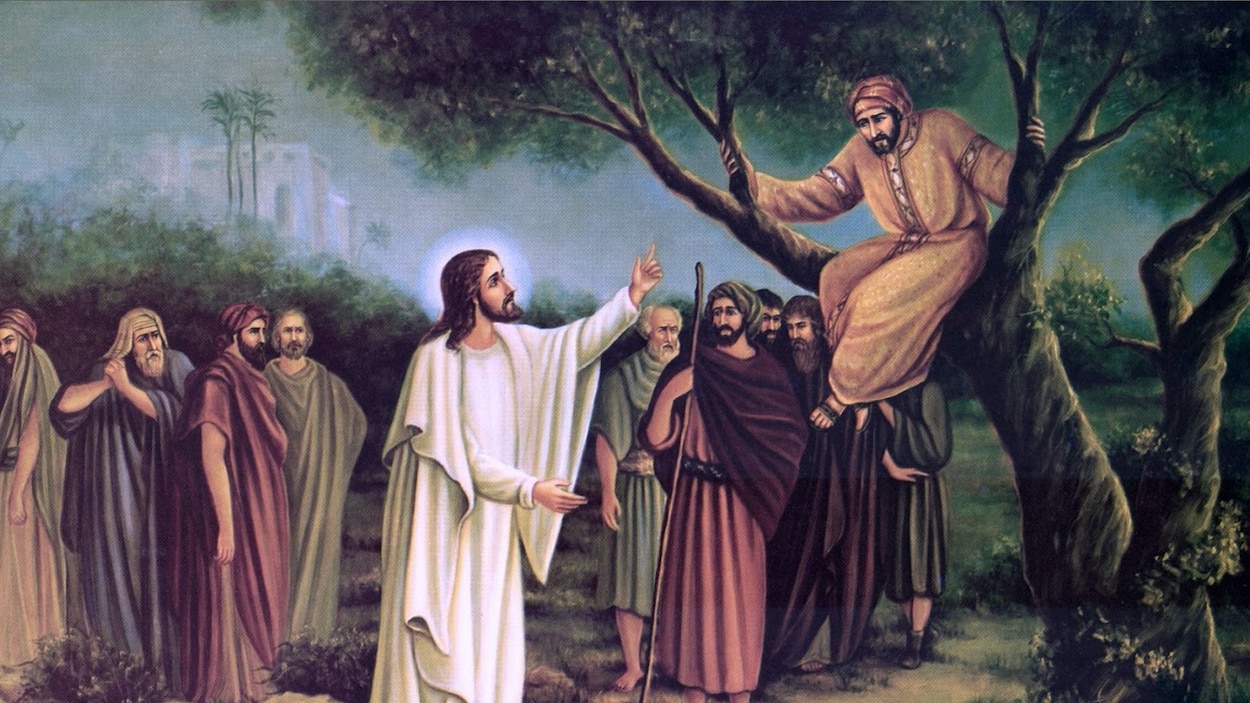On this Gaudete Sunday 2012, it is an understatement to say that the world is shocked and saddened by the senseless deaths of twenty children and eight adults at the Sandy Hook Elementary School in Connecticut this past Friday.
In his homily for this third Sunday of Advent, one priest expressed well the dueling sentiments of our society as we experience greater numbers of such tragedies and disappointments: “Some tell us that we simply have to endure life and to accept life’s miseries so that God will reward us in heaven. These people assume that God is obliged to make things better if we but live in enough misery. Others, however, live life with the unspoken conviction that God made a terrible mistake when He created us with free will, thereby allowing evil human choices. They’re angry at God for allowing us to live in pain, loss, and suffering.”
By expressing such negative views of life, however, we miss the precious point that God loves us so much that He sent His Son, Jesus, to not only live among us, but to die for our sins. So that we might live! And it is living that Jesus expects us to do.
But, we ask, how might we accomplish this reality of life in Christ? In what ways might we embody some key characteristics of a Christian who is truly in search of the Christ child?
During Advent, the Church reminds us to remain firmly rooted in our commitment to penance and prayer and participation in the sacraments. In addition, our Catholic tradition provides us with the Advent wreath to serve as a constant, visual reminder of what is important. With its circular shape, it speaks to the eternity of God, the immortality of the soul, and our participation in everlasting life. The greens speak to our faith life that is called to be always growing and alive. Lastly, those four candles (three purple and one rose) that stand tall give witness that Christ is the light of the world. With each representing thousand year periods from Adam to Christ, they symbolize hope, peace, joy, and love.
But for the Debbie Downers among us, perhaps we don’t feel all too hopeful, peaceful, joyful, or loving. We say, “Really now, all of this negativity around us is just too much to handle.” To which Christ responds: “You are the light of the world. A city set on a mountain cannot be hidden. Nor do they light a lamp and put it under a bushel basket; it is set on a lampstand, where it gives light to all in the house.” (Mt 5:14-15)
So what is Jesus really saying to us? That negative events will surround us but we must not allow them to consume us. And we must always remember that He is for us, with us, and through His love, always dwells among us. In reminding us that no servant is greater than his master (Jn 15:20), we must be true disciples and be the anecdote to the negativity (and lack of joy) within the world. We must be that lamp that burns brightly for others.
But are we? To discern this, we needn’t look farther than the closest mirror. In looking at our reflection, do we see a person with a smile on their face who is grateful for all they have been given? Do we see a person who is loving? Do we see a person who, in their connectedness to Jesus, is a light to others? If we are hopeful, peaceful, joyful, and loving, than it is easy to place ourselves into today’s scriptures.
Whereas the Prophet Zephaniah declares that we should “shout for joy and be a people who are glad and exult with all our hearts” (Zep 3:14-18), St. Paul proclaims that we should “rejoice in the Lord always and that our kindness should be known to all.” (Phil 4:4-7) And with this backdrop, St. Luke’s Gospel (Lk 3:10-18) places us in the middle of a large crowd of very excited and joy-filled people, some of who believed that John the Baptist might even be the promised Messiah. Not wishing to keeping their joy hidden under a bushel basket, they ask questions of the Prophet about how they might improve themselves. In his responses, John is unafraid to lead them to another place. If you have more than one cloak, share the others. If you have ample food, do likewise. If you are a tax collector, don’t collect more than is prescribed. If you are a soldier, be just.
After their questions have been asked, John the Baptist turns to us. With the crowd silent, all eyes turn our way. What questions will we ask? How might we improve our lives in order that we might bring greater joy to others on our journey to that manger in Bethlehem?
In her search for joy, Blessed Mother Teresa once reflected upon the Joy of Jesus:
It is the result of His continual union with God, doing the will of the Father. This joy is the fruit of union with God, of being in the presence of God.
This joy is for us, too.








